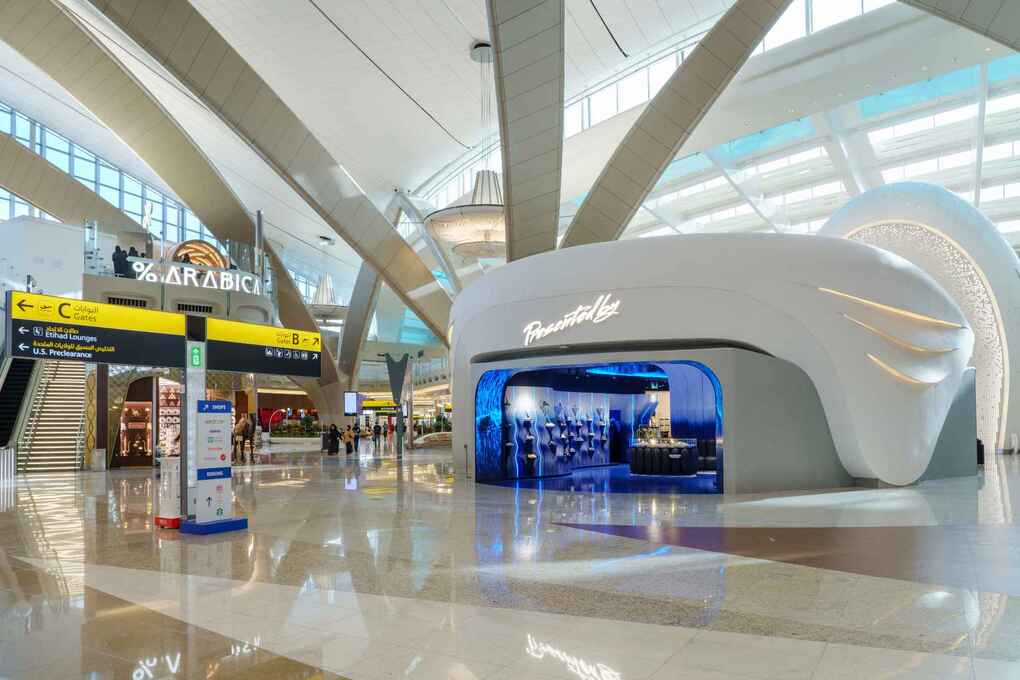
EUROPE. Airports Council International (ACI) Europe has warned of the “dire consequences” for airports, airlines and tourism from delayed COVID-19 vaccination programmes in the EU, saying this could lengthen the travel crisis through the Summer months.
In addition, during a webinar organised by the airports body today, Aeroporti di Roma presented the results of a COVID-19 tested flights pilot at Rome Fiumicino Airport, which showed “reassuring and encouraging results” about the transmission risks of air travel (see below).
The webinar took place as the EU is further tightening travel restrictions in response to the new COVID-19 variants and significant delays in the rollout of vaccination across the bloc.
This, said ACI Europe, results in a “blanket ban on non-essential travel” both within most of the EU and externally, with testing in combination with quarantines – and applied without harmonisation – now becoming “the baseline for essential international travel”.
ACI Europe Director General Olivier Jankovec said: “Airports have essentially written off the coming months, but they desperately need to see a recovery in passenger traffic by the Summer. With the vaccination drive across the EU in disarray, this is now being questioned. We risk seeing tight restrictions and bans on travel remaining in place beyond the Summer – including for intra-European travel.”
Jankovec highlighted two consequences:
- The urgent need for more financial support to allow airports to weather the coming months
- The need for the EU to work with the aviation and tourism sectors to chart the way out of travel bans and other tight restrictions towards equally effective but less damaging travel conditions.
He added: “Moving from the current travel bans and other harsh restrictions to an evolving regime of travel conditions, which allow the gradual restoration of the free movement of people, is about saving both lives and livelihoods. This obviously requires more visibility on the extent to which the new COVID-19 variants are present in Europe and the extent to which they may already be driving community transmission. That, along with more predictability and visibility over the rollout of vaccination should allow us to look at how we can move ahead based on proper risk assessments and data driven approaches.”
Encouraging results from pilot tests
Testing air travellers will be an important part of that equation, noted ACI Europe. Testing pilots conducted by Aeroporti di Roma on the Rome-Fiumicino-New York-JFK and Rome-Fiumicino-Atlanta routes (with Alitalia and Delta Air Lines) have delivered encouraging results, said the airport company. They confirm previous assessments that the transmission and importation risks involved with air travel can be controlled and mitigated through testing.

The headline results show that during the trial phase, only five passengers out of 3,824 proved COVID-19 positive – an overall positivity rate of just 0.13%. The full results of the trial can be accessed here.
ACI Europe said: “These figures therefore show that these COVID-19 tested flights had no impact on the prevalence of the virus in Italy, pointing to testing for air travel as an effective risk control measure without the need to resort to quarantines.”
Aeroporti di Roma CEO Marco Troncone said: “The excellent results obtained so far from the Covid-Tested flights trial carried out by Aeroporti di Roma confirm the health effectiveness of the protocol: in fact, thanks to a pre-departure control on 100% of passengers, it allows a radical reduction in the risk of virus importation, in particular as an alternative to the measure of trust-based isolation.
“The protocol we are currently trialling, focusing on the creation of international ‘clean corridors’, is proving to be fully suitable to support in maximum safety the much awaited recovery of air traffic and the relaunch of international connectivity. This is why we are working to obtain an extension of the experimental phase beyond the deadline of 15 February and to get more airlines, airports and institutions involved to promote effective, sustainable and homogeneous protocols across Europe.
“Aeroporti di Roma is also working to implement an effective digitalisation of processes. We’re developing a Travel Health Portal and implementing health pass solutions that can help ensure a convenient and reliable handling of the certificates of negativity before departure, and allow for valid contact-tracing support.”









